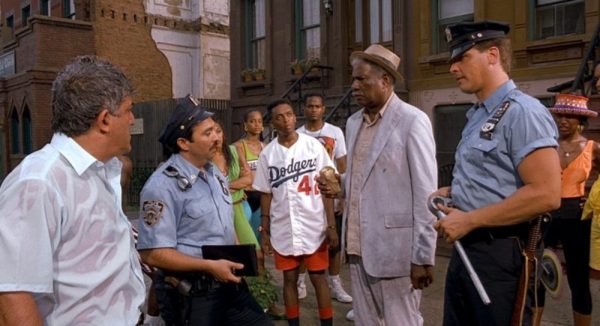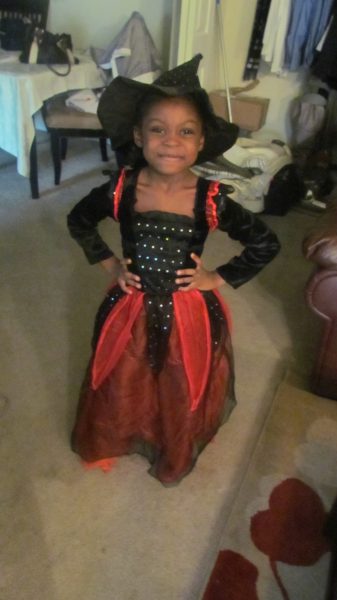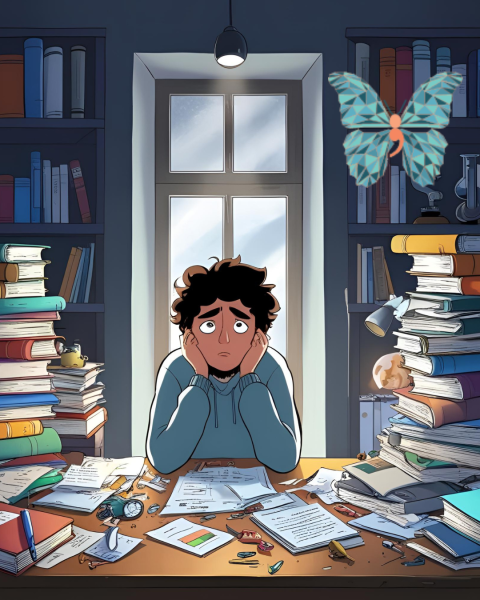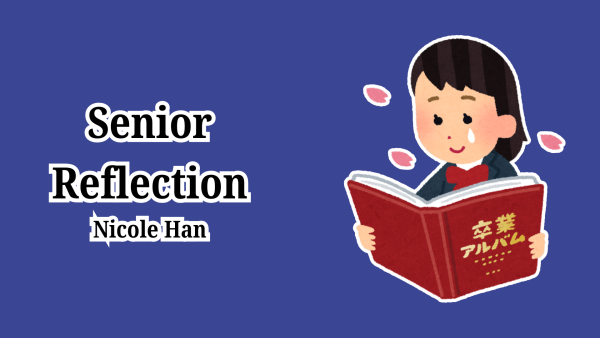Did AJ’s writing peak in middle school?
Senior AJ Gordon goes on a deep dive to analyze…her own writing.
Much to my chagrin, some part of me is convinced that the best writing I’ve ever done in my life was in my eighth-grade English class, where I received little constructive criticism from my teacher and maintained both awful handwriting and an unfathomably slow typing speed.
Objectively, my use of diction, understanding of literary devices, and ability to properly organize arguments have since then improved. But there was something so, uncontrived and…inspired, about the work eighth grade AJ produced.
Today, we gather to answer the all-important question: did those 4000-word International Baccalaureate (IB) essays, English annotations, and some insane number of college application supplementals, somehow make my writing worse?
It’s not as if the classroom has limited my potential to be inspired. Many topics or texts brought up in a classroom setting have genuinely piqued my curiosity, and many assignments have allowed me to explore that curiosity.
Analyzing the use of language in Ta-Nehisi Coates’ Between the World and Me in IB English, the participation of the United Daughters of the Confederacy in Advanced Placement (AP) United States History, and debating my peers in IB Theory of Knowledge about what defines “art,” have all spurred ideas in my head that translated into writing.
Additionally, as I’ve gotten more involved with tackling county issues through my extracurriculars, I’ve encountered more things to be passionate about and gained more observations I want to communicate.
I think a part of it is basic burnout. Doing too much of anything out of obligation runs the risk of making an activity less enjoyable or exciting. My friend once mentioned how her attending an art magnet school instilled in her an assignment-based approach to art, impacting her relationship with art and the passion she had for it.
In the case of many writing prompts I’ve received, the opportunity for “creativity” came in the form of vague outlines and requirements paired with very specific and restricted rubrics. This isn’t just referring to the fact that a piece of writing needs to be on topic.
For example, on a major writing assignment for one of my first AP classes, students were instructed to show “complex” or “nuanced” thinking. I had interpreted this as just something to keep in mind when building my arguments. Upon further exploration, I discovered that to receive a “complexity” point, I should dedicate a paragraph in a very specific “cause and effect” format, preferably using one of the approved sentence starters.
Other instances similar to this one made me incredibly wary of open or seemingly open prompts. Writing was no longer about the graceful communication of ideas or opportunity to be creative; it was obsessively analyzing grading rubrics and digging for the exact sentence, word, or format, that would ensure that the person grading me had no doubts I had fulfilled my requirements. Even in less standardized circumstances, such as college supplemental essays, there is a constant search for what the person on the other side wants to see and how I can show it in the most obvious way. An open prompt did not insinuate creative and unique answers. It meant there was more work to be done to find the formulaic grading methods that my “creativity” would be judged against.
In my opinion, the basis of my writing skills developed in my elementary and middle school years where the stakes were so low. I was much more creative when I wasn’t so afraid of failure or of missing a mark on a rubric. I enjoyed writing and explored unexpected ideas, approached arguments in nontraditional ways, and used unorthodox examples without fear that my interpretation of a seemingly open prompt would come back to haunt me.
What baffles me is the way I have been praised for the skills I did develop in my middle school and elementary school years through writing. The critical thinking, analysis skills, and use of language I developed when I was younger has helped me a lot in more recent years with more rigorous classes. Yet, the structure of the classes and nature of writing assignments make me more hesitant to think out of the box and use different techniques in writing. The higher level classes that seek out critical analysis seem to create conditions in which those skills are, in part, restricted.
For anyone else, this shift in mindset may not be much of a loss. College courses and job applications and interviews may also require a similar line of thinking. But as someone really did once enjoy writing as an art form, I feel as if I’ve exploited those abilities to a point in which they can’t freely grow.
So, did my writing necessarily peak in middle school? Not necessarily. At times my writing will feel inorganic or forced given the numerous papers and essays I’ve needed to write. But luckily, writing for The Current newspaper provides a freely creative outlet where I can deeply explore whatever obscure topic I please. My newspaper advisor, Mrs. Confino, offers constructive criticism while letting me go on extensive tangents on useless ideas (such as this one). I am still grateful for the outlets I have been provided and the opportunities to be actually creative through writing.
Your donation will support the student journalists of Watkins Mill High School. Your contribution will allow us to purchase equipment and cover our annual website hosting costs.

Andrea “AJ” Gordon is a senior at Watkins Mill High School and Opinion Managing Editor for The Current. She is an IB Diploma student and is a part...









